Oxford Analytica study: Starship delivery robots could cut over 40,000 tons of CO2 by 2030
Starship Technologies is promoting the potential of zero emission delivery robots to make last mile delivery greener, cleaner and sustainable. According to a study from Oxford Analtyica, the service has the potential to further reduce CO2 emissions by 46,000 tonnes by 2030.
Starship says that it has reduced carbon emissions in the UK by over 320,000 kg since launching commercial operations in 2018. The company celebrates its 10th birthday next month, and has made the UK one of its global operation centres.
Other findings from the study conducted by geopolitical analysis and consulting firm, Oxford Analytica. reveal that the average driver in the UK contributes an additional 55.6 grams of oxides of nitrogen (NOx) per year due to congestion, totalling an additional 2,200 tons of NOx annually.
The research highlights how battery powered personal delivery devices (PDDs) such as Starship’s can mitigate these emissions by reducing motor vehicle traffic and alleviating congestion.
It reveals that PDDs have saved more than 400 tons of CO2 emissions from entering the atmosphere, equivalent to almost 1.7 million miles driven by car in the UK.
Councillor Helen Hayden, Leeds City Council’s executive member for infrastructure and climates - who has supported the introduction of robot delivery in Leeds - says Starship's autonomous robots would help “reduce the number of short journeys made by car, including those made by delivery vehicles” as the council aims for net-zero greenhouse gas emissions by 2030.
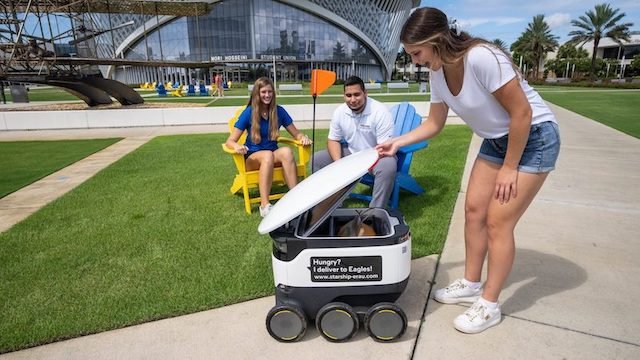
Starship Technologies CEO, Ahti Heinla, comments: “Last mile is notoriously expensive and Carbon intensive yet the want for on-demand is growing. Zero emission robot delivery is already reducing emissions, the potential to do more is huge.”
“Starship’s fully scalable solution - and first in the sector wireless charging solution - helps businesses to meet consumer demand in a sustainable way. We’re taking cars off the road, reducing emissions and helping promote cleaner air.”

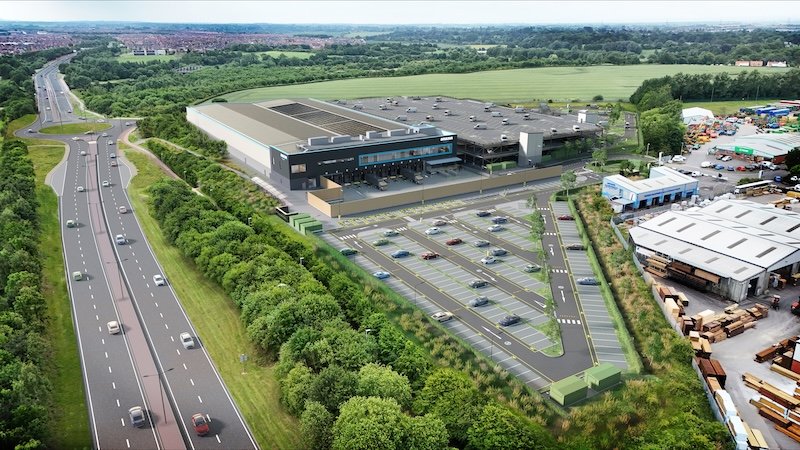

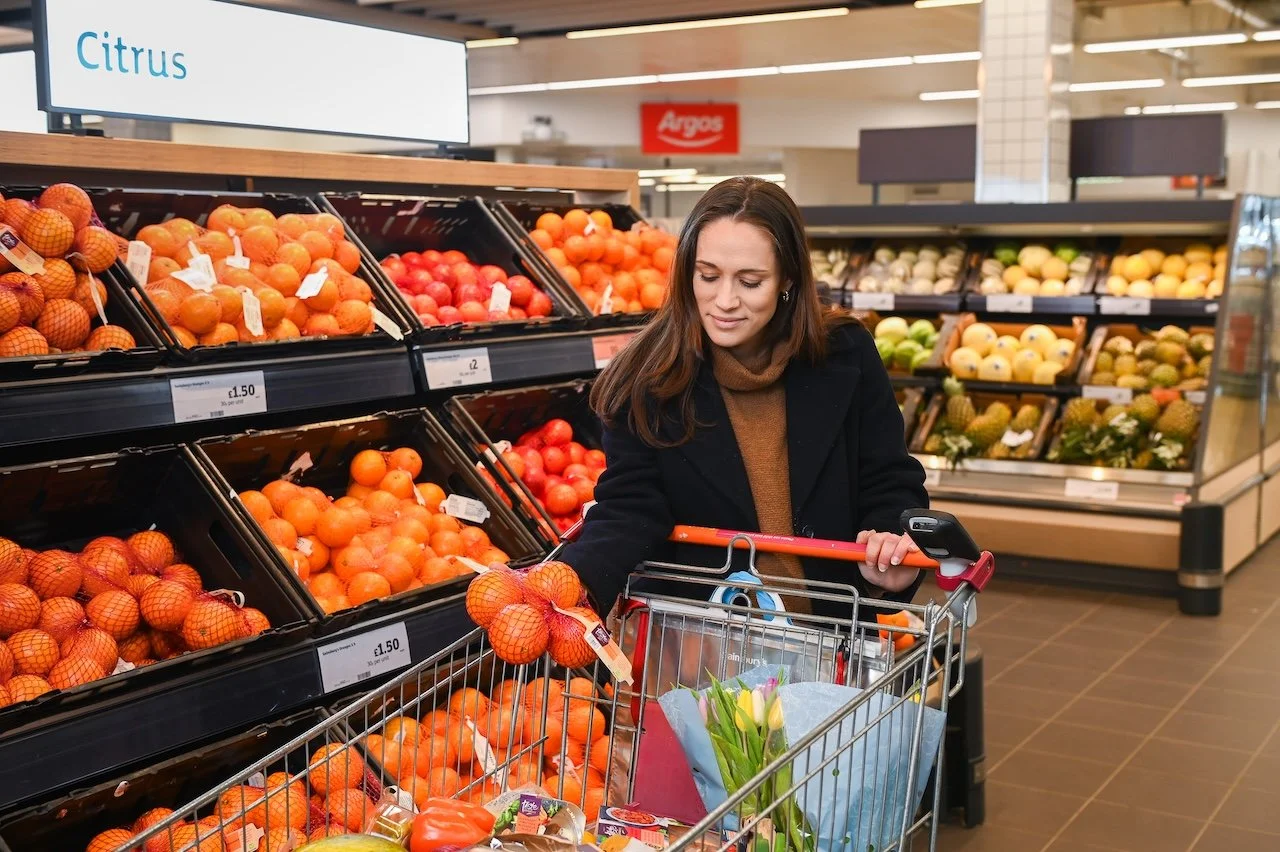
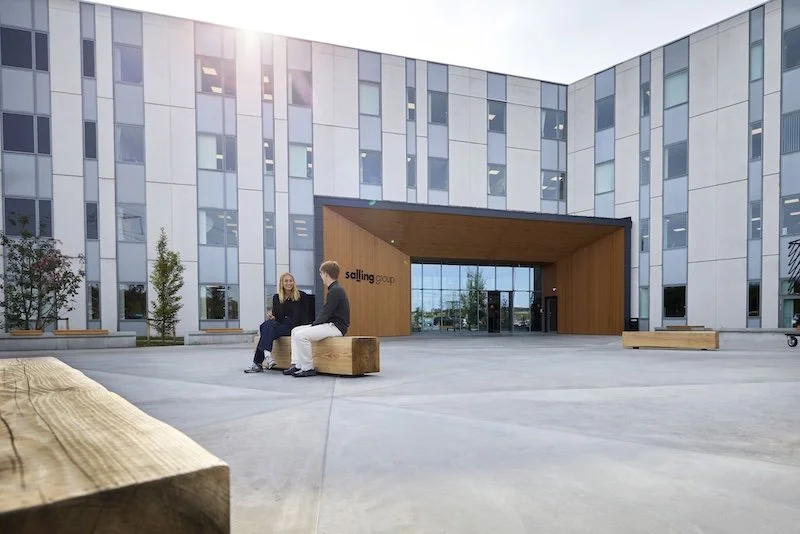
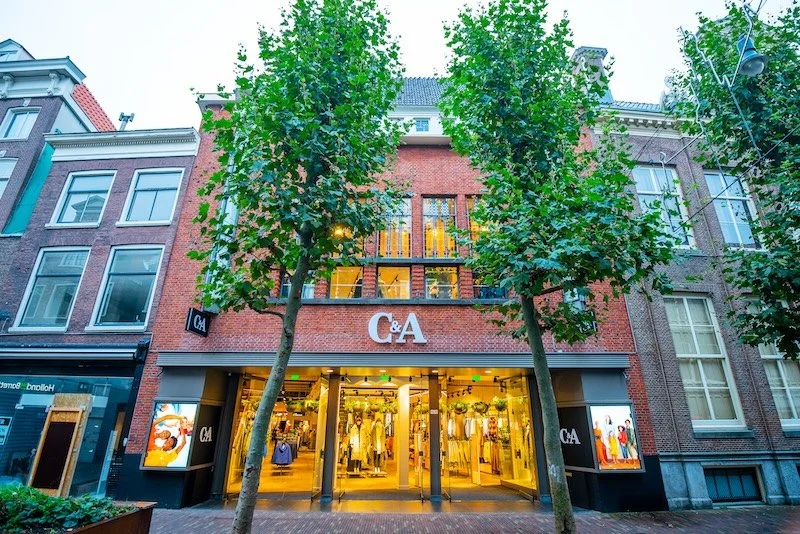

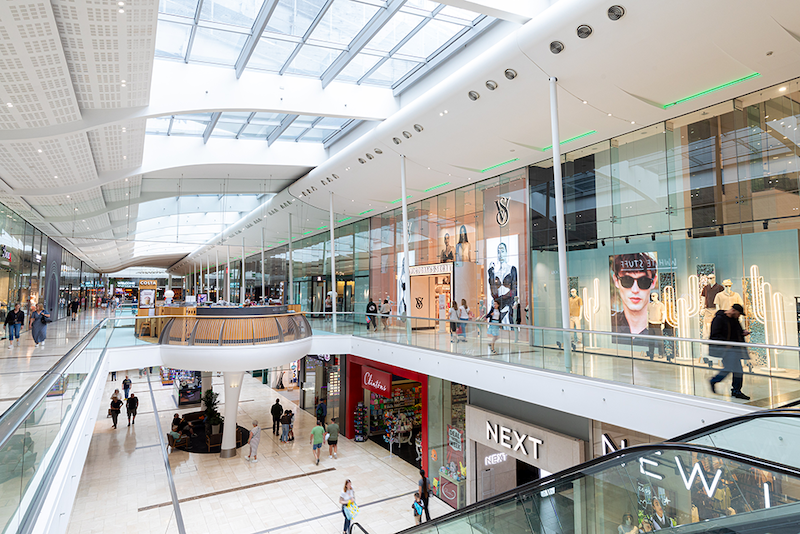

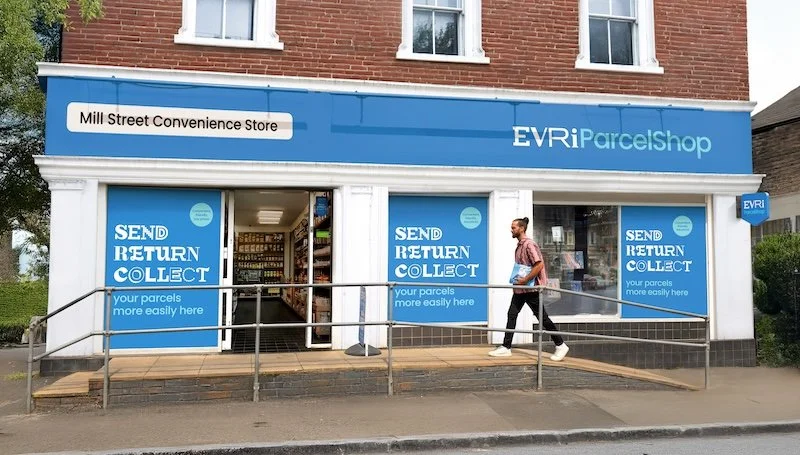
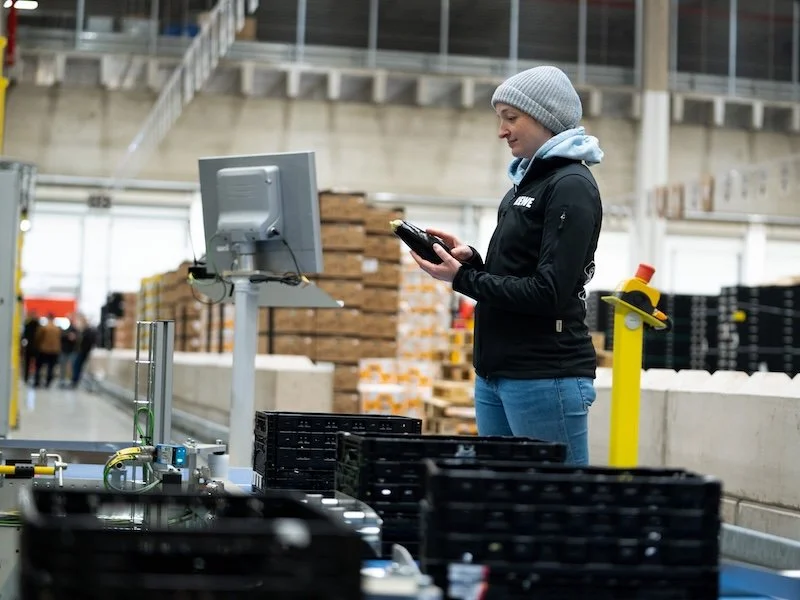



















Continue reading…